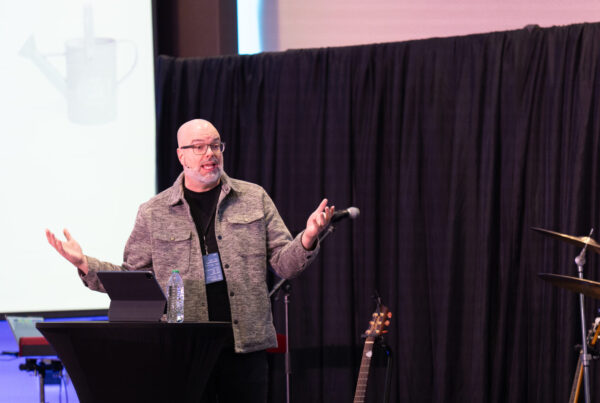Our Responsibility
“Now it’s up to you. Be on your toes—both for yourselves and your congregation of sheep. The Holy Spirit has put you in charge of these people—God’s people they are—to guard and protect them. God himself thought they were worth dying for.” Acts 20:28 MSG
The above-quoted verse is part of Paul’s farewell address and charge to the elders of the church at Ephesus. Paul founded the church in Ephesus on his second missionary journey and stayed there for an extended period on his third trip. Scripture records that the church grew mightily under Paul’s teachings, so much so that it threatened the livelihood of the local idol-makers. Their anger, no doubt, played a role in Paul’s decision to continue on to Macedonia and ports beyond before returning to Jerusalem.
It was on the return leg of that trip that Paul sailed near Ephesus and requested that the elders of the church at Ephesus meet him at Miletus. This was an emotion-packed meeting. Tears flowed as Paul informed those gathered that he understood by the Spirit that he would not see them face-to-face again. Responsibility for the work in Ephesus now rested in their care.
In the course of this address, Paul gave a timeless and concise charge that could, and probably should, be given to every Christian leader. Each phrase is filled with meaning, driving home a leadership concept that is still as relevant today as the day it was given.
“Now it is up to you.” Successful spiritual leaders keep this principle in focus. They understand that this is their watch! They do not take their responsibility lightly. They have a proper understanding of their responsibility for maintaining the health and well-being of the ministry with which they have been entrusted.
“Be on your toes—both for yourselves and your congregation of sheep.” They recognize the importance of “staying on their toes.” They do not allow themselves to be lulled into complacency. They keep alert! They maintain an edge! They watch over themselves and those entrusted to their care.
“The Holy Spirit has put you in charge of these people.” They remember who they really work for! They realize that they are on divine assignment and act accordingly.
“God’s people they are—to guard and protect them.” They have a proper view of those in their care. They recognize that “those people” they serve are God’s people! As such, they must be cared for, guarded, and protected.
“God himself thought they were worth dying for.” Finally, as frustrating and exhausting as working with a flock of wandering sheep may be at times, successful spiritual leaders remember “those people” are so valuable that “God himself thought they were worth dying for.”
Reminded again of my awesome privilege and responsibility,








